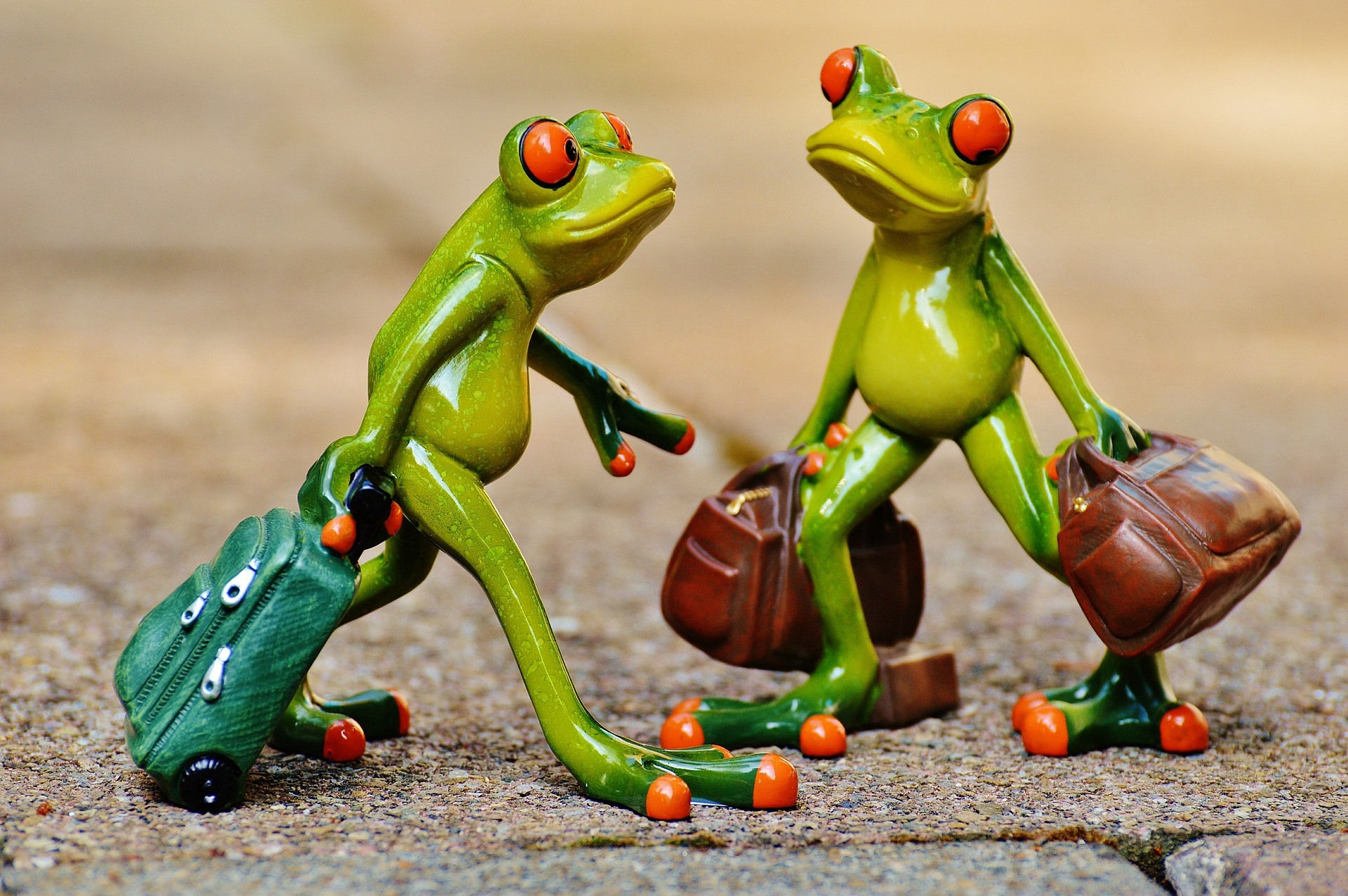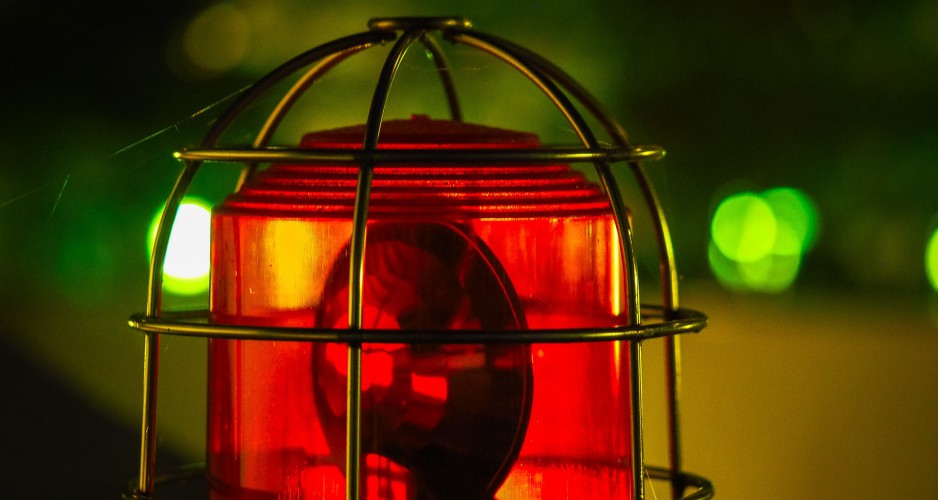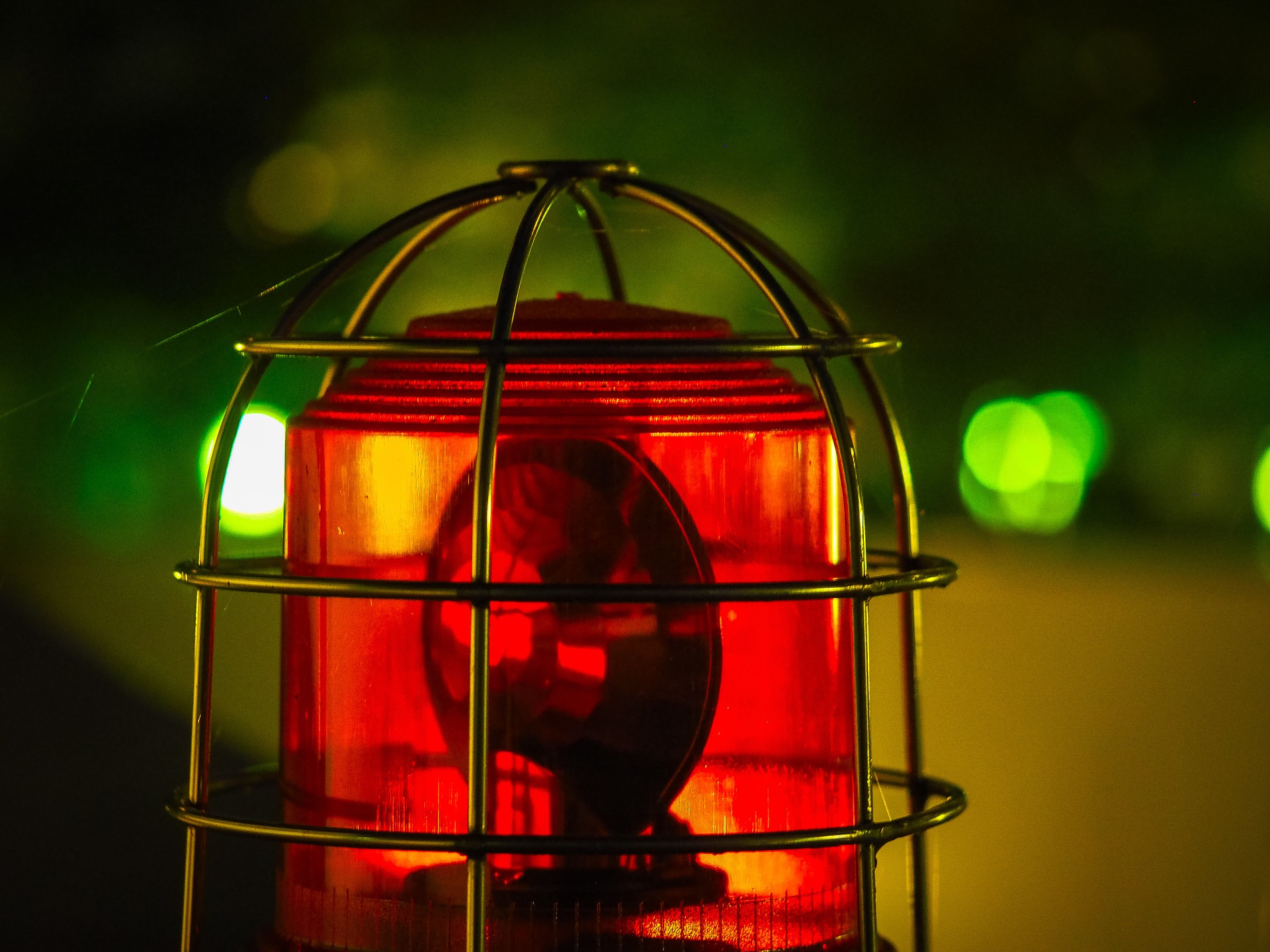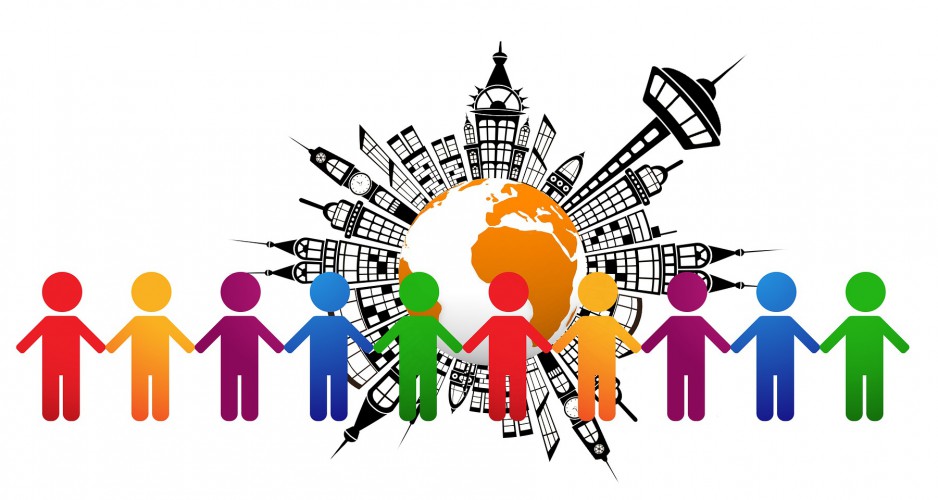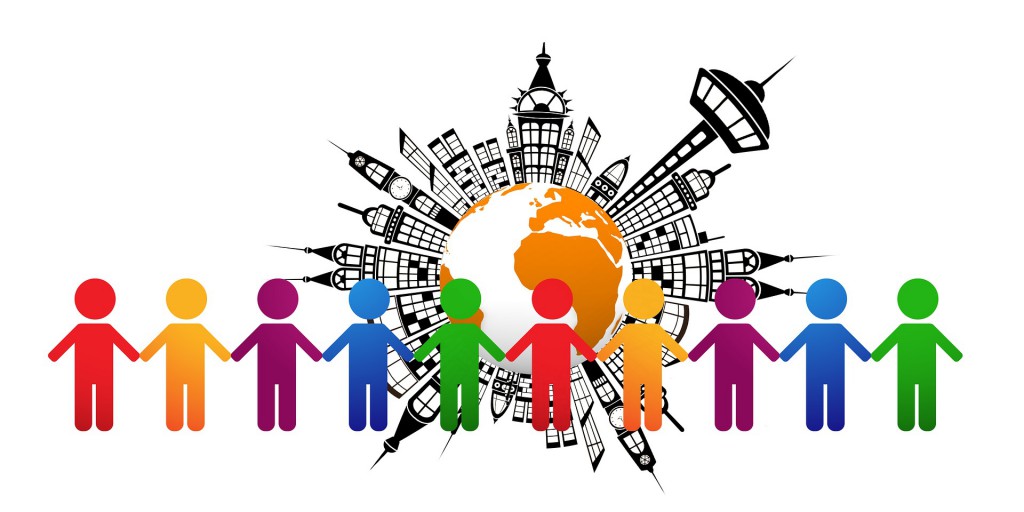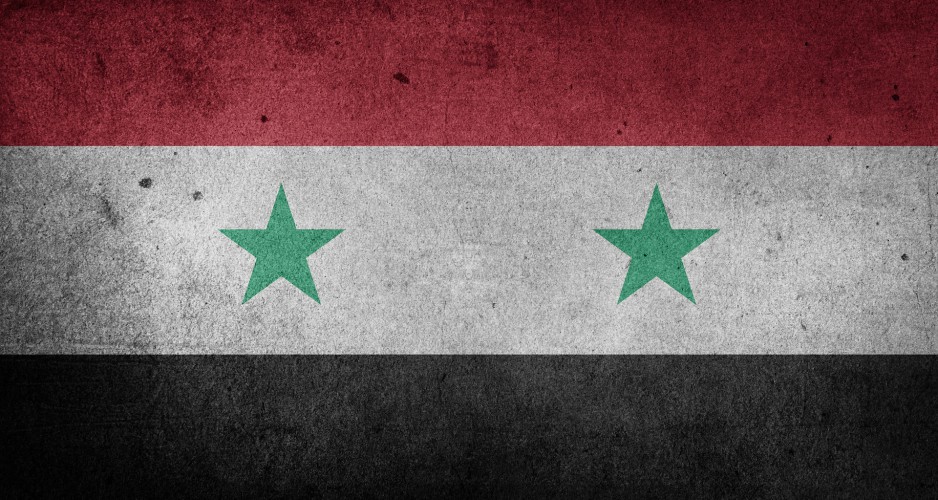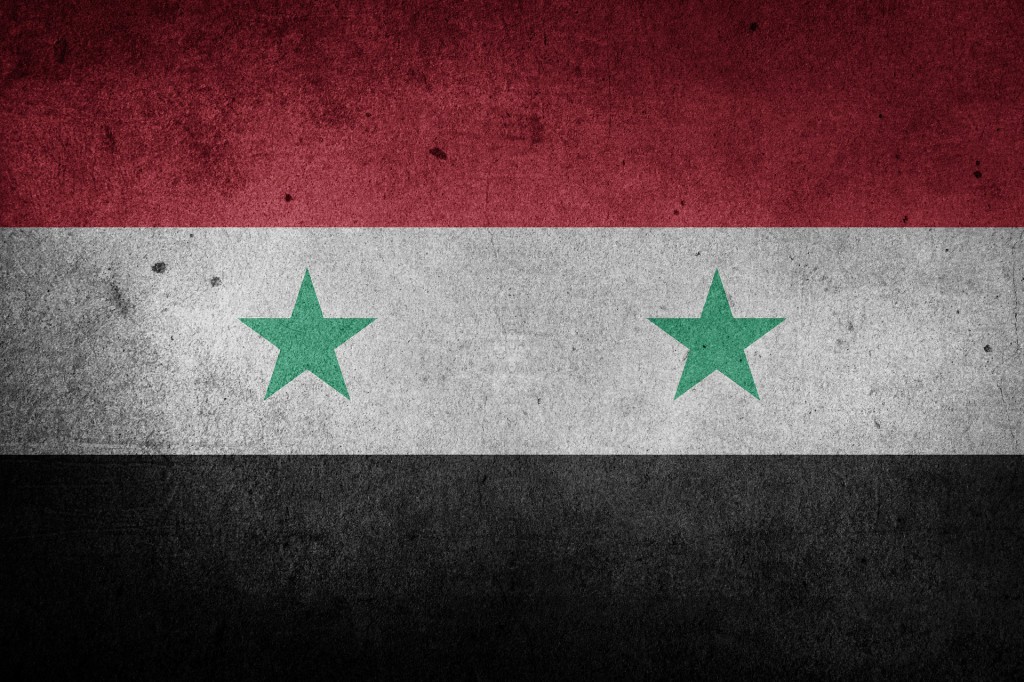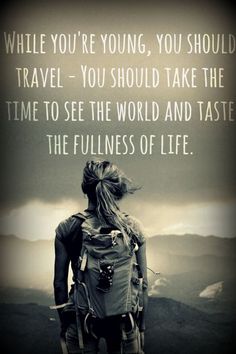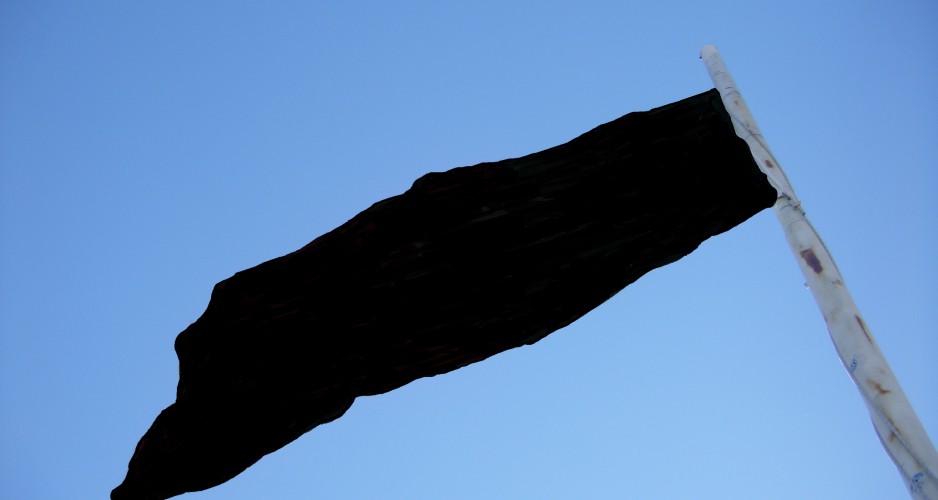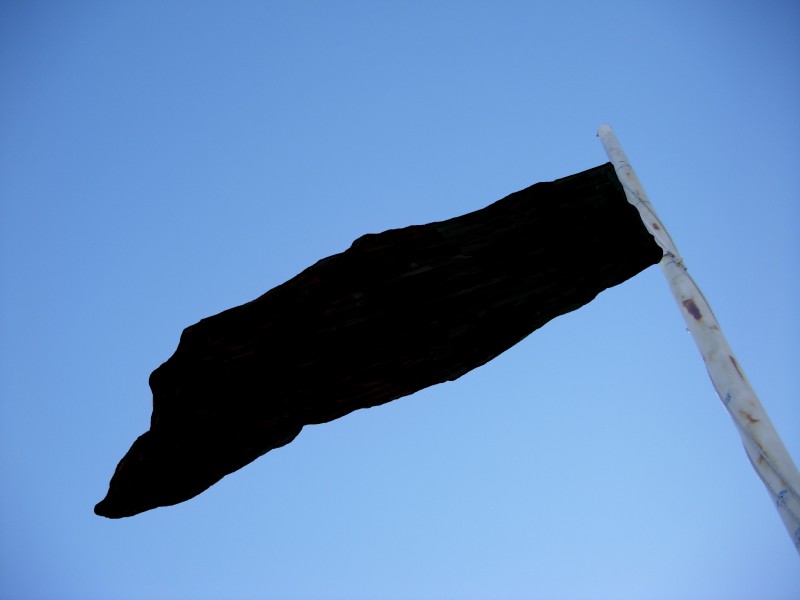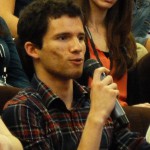There are many benefits to being in the EU, both political and economic. When you go to the polling stations on the 23rd of June, to vote in a referendum that could lead to your leaving the European Union, I’m sure you’ll have these taken into consideration. But I want to talk to you about the benefits that are particularly relevant to us at this particular point in our lives, the ones that fall under a different heading: Adventure. Right now, as I am about to leave school, I am ready to set out, and discover, and explore. I hope you will come with me.
I will go on an adventure this Summer, travelling throughout Europe with my friends. You can do the same. As members of the EU, we don’t need a visa to wander around foreign cities, towns, beaches or countryside. We don’t need papers to see some of humanity’s greatest feats- Greek ruins, Roman Colosseums, Stone Age structures- all monuments to war, peace, discovery, art and the triumphs humans can achieve working together. As part of the EU, these histories and monuments are ours, and we can travel and live among them freely.
My adventure will continue in the autumn, when I hope to go to University. My University will be filled with a diverse group of students from all around the Europe, who will be able to easily live and study abroad in the EU. The Erasmus programe allows many students to study in Europe, and whether you choose to do most of your third level education at home or abroad, you and I will be part of a rich cultural tapestry, and make meaningful connections that will connect us forever to people and places far away.
After University, the scope of the adventure only broadens. We can work, without complications, anywhere we choose. We have the freedom so many young people long for, or desperately need. The freedom to, at any moment, move to another country, to live and work there. Tomorrow we could decide that we want to live in Stockholm, or Paris, or in the Alpes, and we could do it with almost no complications, applications, or paperwork. We could choose to live anywhere, living in a culture, in a history, as somebody who belongs there.
Of course, this freedom works both ways. Those who would like Britain to leave the EU want Britain to have more control over its borders, and reduce the amount of people who come to work there. But the free movement of people and trade in the EU is something that has more benefits than harm. It makes it much easier for Britain to sell things to other EU countries, as well as supplying a stream of young, talented people who will help the economy grow.
Right now there are so many people who have been forced to abandon their homes, who want and need what we have- freedom to roam, travel, live and work in these beautiful, peaceful countries. However, Europe is struggling to accommodate them, often choosing to deny them what they need. Now is not the time to be divided, but to work together to reach a common goal. Our European Adventure should not be experienced at the expense of others.
I am on an adventure- an adventure of discovering new places, and people, and possibilities. But it is also a collective adventure, part of a rich history, that is creating new histories with every decision that we make.Will you decide to join me?
About the author:
Feargha Clear Keena (18) participated in the Dublin Workshop in 2014. She goes to school at Mount Temple Comprehensive and enjoys playing music, writing songs, and learning foreign languages.


